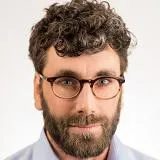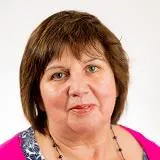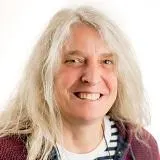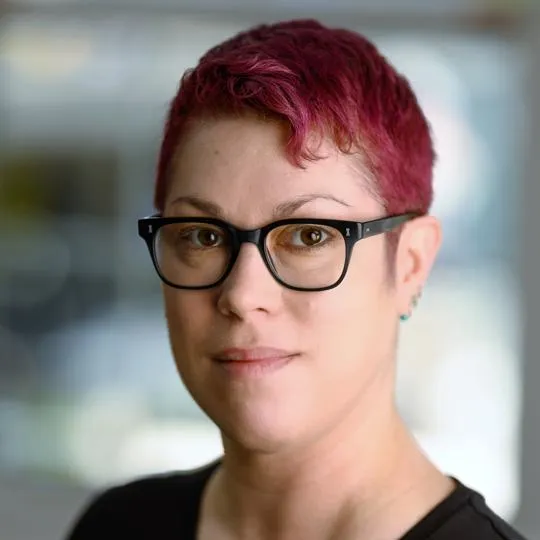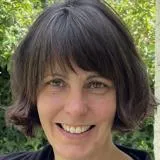09 March 2023
CRESTEM welcomes international researchers to discuss the use of fine-grained sampling methods in STEM education research
The Centre for Research in Education in STEM recently welcomed an international research team at King’s College London to share ideas about microgenetic research.
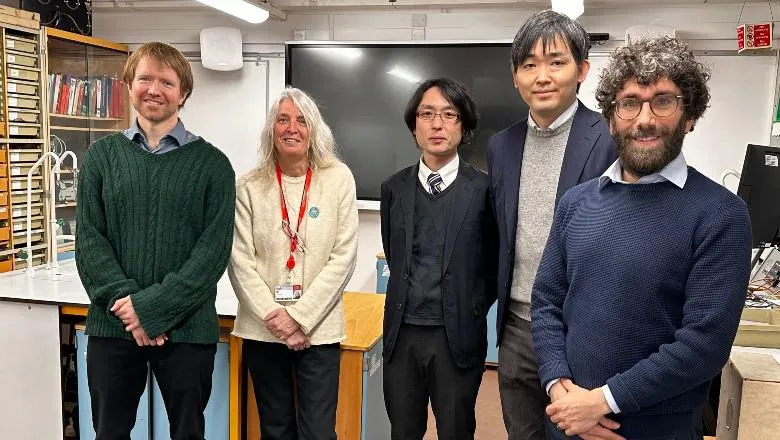
The Centre for Research in Education in STEM recently welcomed an international research team at King’s College London to share ideas about microgenetic research.
Microgenetic research aims to capture representations of change (often to learning) by collecting data over relatively short timescales. For example, rather than intervals of weeks or months between assessments typically used in longitudinal research, microgenetic researchers might assess students’ learning on a weekly or daily basis to build very fine-grained models of change.
On 7, 8 and 9 March 2023, Dr Richard Brock, Prof Lulu Healy, Prof Heather King, Prof Chris Harrison and other members of the King’s CRESTEM research centre met with the visitors to discuss their project and share best practice.
Dr Jun Yasuda, from Yamagata University, Dr Mike Hull, from the University of Alaska, and Dr Ken Kojima, from Kyushu University, have been working on developing chained computerised adaptive testing for formative assessment of physics undergraduates. Their approach asks students to repeatedly answer multiple choice questions related to force and motion, with the questions a student is asked chosen based on their previous responses. They use microgenetic methods to collect their data, sampling students’ understanding at relatively high frequencies (once a week).
Researchers in CRESTEM, including Richard Brock and Carla Finesilver, have used the microgenetic approach in their research. The visitors were also able to draw on Chris Harrison’s expertise in formative assessment, an aspect of their project.
Dr Brock said: "I was fortunate to be able to meet Jun, Mike and Ken and learn more about their exciting study. Their visit was a wonderful opportunity to share ideas about the implementation of the microgenetic approach to data collection in the context of physics education.
"The microgenetic approach is an emerging approach to data collection in the field and researchers are developing novel ways to apply the technique. It was good to compare experiences of applying the technique across the secondary school and higher education contexts. We discussed the challenges and affordances of fine-grained data collection. We talked about the grant the team had been awarded to develop representations of changes to Japanese university students’ understanding of force, over relatively short timescales. It was good to share ideas about different approaches to data collection and feedback, and to consider how data collected in this way, which can be messy, can be analysed. It was great to have the opportunity to discuss future collaborations."
Dr Hull said: "I first learned about Richard's exciting work using the microgenetic method when I was a postdoctoral researcher at the University of Vienna's Austrian Educational Competence Centre for Physics. Recognising that the microgenetic approach could be a powerful tool for several research projects in the group, we invited Richard to give an online talk at our weekly meeting (as was common at the time). I am grateful that he was open to the idea of discussing how the microgenetic method might be used with frequent administrations of a computer-based standardised exam, which led to our visit this week.
"Although it rained the whole time and all three of us got a little sick, the wealth of ideas we were able to share and discover together will have a tremendous impact on our future research, and I am very glad to have had this opportunity. Thank you very much, Richard and others in CRESTEM, for your hospitality! I greatly enjoyed visiting London, and hope to return again soon!"
Dr Yasuda added: "That three days were amazing, the most concentrated days in my research life. The members of CRESTEM kindly welcomed us and provided wonderful opportunities to discuss our research project.
"Especially, we deeply discussed with Richard how to design our qualitative study based on microgenetic method and were able to make a plan to validate our newly developing computerised adaptive testing. Chris gave us the keys to feedback in formative assessment. I am really looking forward to future progressions in this just-beginning collaboration."
Dr Kojima commented that: "This visit gave us an in-depth understanding of the microgenetic approach and formative feedback, which will be essential for planning our research projects. In addition, through the discussions with Richard and the CRESTEM members, we discovered many ideas to expand the scope of our research project. I sincerely thank Richard and the members of CRESTEM for providing us with this valuable opportunity. We look forward to continuing our collaboration in the future."
Dr Healy concluded: "It is invaluable to be able to connect with people from around the world and exchange knowledge in this way. This is the beginning of what I hope will be a partnership around the application of the microgenetic approach to STEM education research."
The CRESTEM group are excited about exploring future collaborations with the visitors using the microgenetic method in the context of STEM education.

